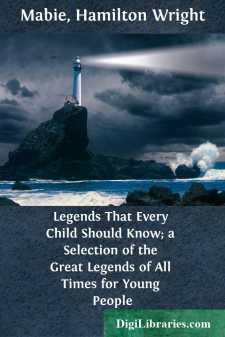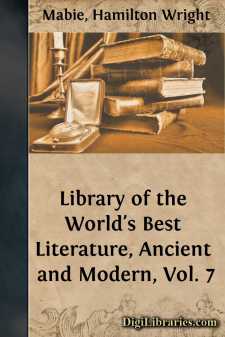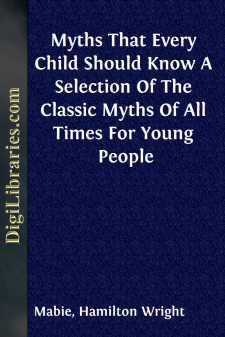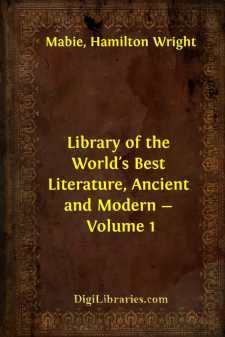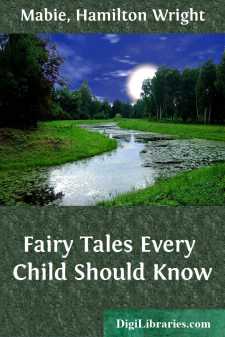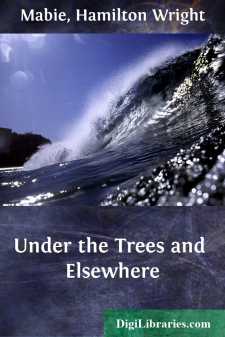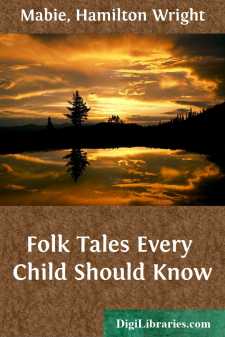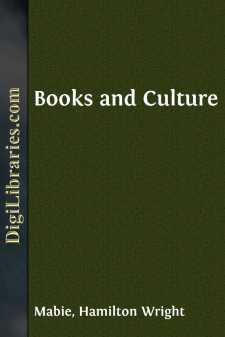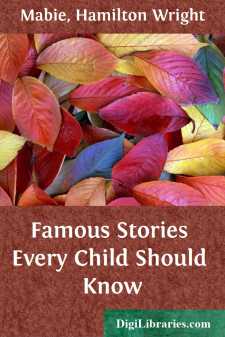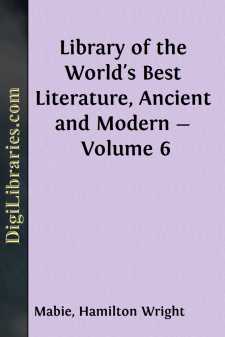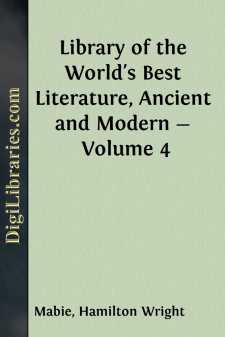Categories
- Antiques & Collectibles 13
- Architecture 36
- Art 48
- Bibles 22
- Biography & Autobiography 813
- Body, Mind & Spirit 142
- Business & Economics 28
- Children's Books 17
- Children's Fiction 14
- Computers 4
- Cooking 94
- Crafts & Hobbies 4
- Drama 346
- Education 46
- Family & Relationships 57
- Fiction 11829
- Games 19
- Gardening 17
- Health & Fitness 34
- History 1377
- House & Home 1
- Humor 147
- Juvenile Fiction 1873
- Juvenile Nonfiction 202
- Language Arts & Disciplines 88
- Law 16
- Literary Collections 686
- Literary Criticism 179
- Mathematics 13
- Medical 41
- Music 40
- Nature 179
- Non-Classifiable 1768
- Performing Arts 7
- Periodicals 1453
- Philosophy 64
- Photography 2
- Poetry 896
- Political Science 203
- Psychology 42
- Reference 154
- Religion 513
- Science 126
- Self-Help 84
- Social Science 81
- Sports & Recreation 34
- Study Aids 3
- Technology & Engineering 59
- Transportation 23
- Travel 463
- True Crime 29
Legends That Every Child Should Know; a Selection of the Great Legends of All Times for Young People
Categories:
Description:
Excerpt
If we knew how the words in our language were made and what they have meant to successive generations of the men and women who have used them, we should have a new and very interesting kind of history to read. For words, like all other creations of man, were not deliberately manufactured to meet a need, as are the various parts of a bicycle or of an automobile; but grew gradually and slowly out of experiences which compelled their production. For it is one of the evidences of the brotherhood of men that, either by the pressure of necessity or of the instinct to describe to others what has happened to ourself and so make common property of personal experience, no interesting or influential or significant thing can befall a man that is not accompanied by a desire to communicate it to others.
The word legend has a very interesting history, which sheds light not only on its origin but on early habits of thought and customs. It is derived from the Latin verb legere, which means "to read." As legends are often passed down by word of mouth and are not reduced to writing until they have been known for centuries by great numbers of people, it seems difficult at first glance to see any connection between the Latin word and its English descendant. In Russia and other countries, where large populations live remote from cities and are practically without books and newspapers, countless stories are told by peasant mothers to their children, by reciters or semi-professional story-tellers, which have since been put into print. For a good many hundred years, probably, the vast majority of legends were not read; they were heard.
When we understand, however, what the habits of people were in the early Christian centuries and what the early legends were about, the original meaning of the word is not only clear but throws light on the history of this fascinating form of literature. The early legends, as a rule, had to do with religious people or with places which had religious associations; they were largely concerned with the saints and were freely used in churches for the instruction of the people. In all churches selections from some book or books are used as part of the service; readings from the Old and New Testament are included in the worship of all churches in Christendom. In the earliest times not only were Lessons from the Old Testament and the Gospels and Epistles of the New Testament read, but letters of bishops and selections from other writings which were regarded as profitable for religious instruction. Later stories of the saints and passages from the numerous lives which appeared were read at different services and contributed greatly to their interest. The first legends in Christian countries were incidents from the lives of the saints and were included in the selections made from various writings for public worship; these selections were called legends. The history of the word makes clear, therefore, the origin and early history of the class of stories which we call legends.
The use of the stories at church services led to the collection, orderly arrangement and reshaping of a great mass of material which grew rapidly because so many people were interested in these semi-religious tales. In the beginning the stories had, as a rule, some basis in fact, though it was often very slight. As time went on the element of fact grew smaller and the element of fiction larger; stories which were originally very short were expanded into long tales and became highly imaginative. In the Thirteenth Century the Legenda Aurea, or Golden Legend, which became one of the most popular books of the Middle Ages, appeared. In time, as the taste for this kind of writing grew, the word legend came to include any story which, under a historical form, gave an account of an historical or imaginary person....


